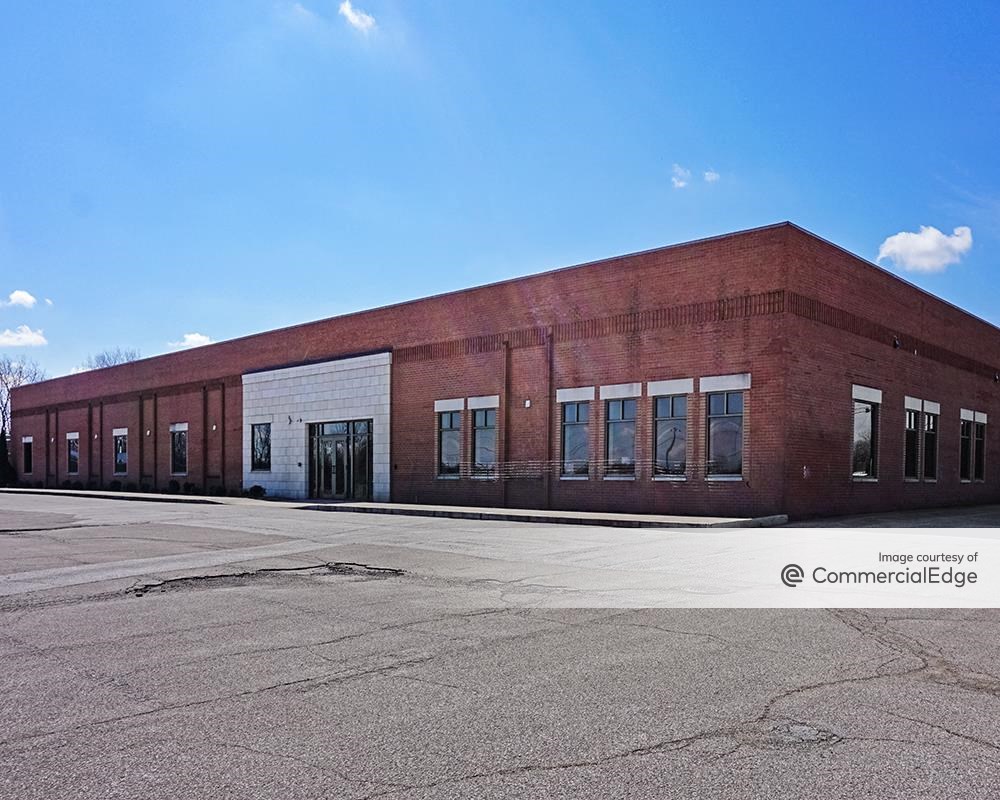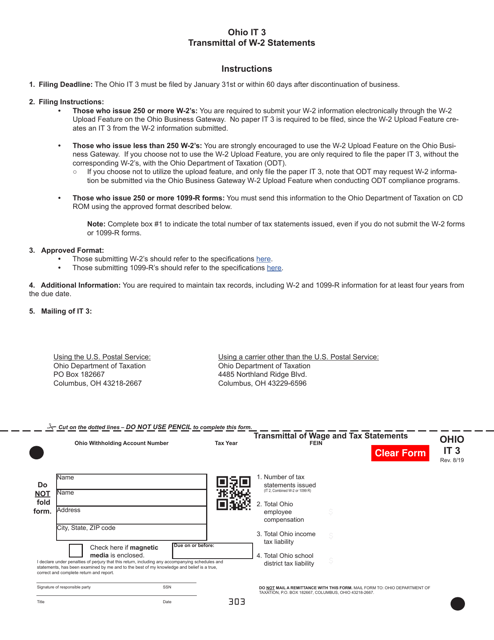

Shabb said LIRS is resettling refugees who have family ties or single cases in Grand Forks. Lutheran Immigration and Refugee Services of North Dakota, based in Fargo, is now the resettlement site for the state. She said other reasons could be the national immigration policies adopted in recent years, as well as the COVID-19 pandemic. Shabb said the decline can be partially attributed to the closure of Lutheran Social Services of North Dakota, which was resettling upwards of 90 to 100 refugees in Grand Forks annually before it closed in 2021. But while the number of resettled refugees rose past 100 in 2012, that number declined steeply after 2016. Numbers began to steadily rise beginning in 2008. This year, one refugee has been resettled here, the same number as last year and 2020, according to data supplied by Shabb. The number of refugees being resettled in Grand Forks has declined, too. It means they probably don't have solid health care plans. Shabb said many families with whom she works have part-time jobs, so they can take care of children. Other barriers immigrants – often called “New Americans” – are facing relate to child care and housing. Shabb said it's because health care models, which pay family members to help someone who needs assistance, are different in those states and there is a larger population of Nepali speakers. Let them do the job, see if they can do something about it.' Give them an opportunity or a chance,” Yussuf said.Ĭynthia Shabb, executive director of the Global Friends Coalition, said Nepali-speaking Bhutanese immigrants also have been moving away, often to Pennsylvania and Ohio. “There is no translator person in the compan talking to them saying ‘OK, try to give these people more time. “They said they’re getting more help over there and there’s more community over there than here,” Yussuf said of some who have left.Īnother challenge, according to Yussuf: Finding a job when there is a language barrier. In Grand Forks, Yussuf said, there isn’t a community for Somali people. Sainab Yussuf, who runs the Safari Market and Restaurant on Gateway Drive, said business has been down as she has noticed Somalis moving to Fargo, Moorhead and the Twin Cities.

GRAND FORKS – The number of Somali immigrants leaving Grand Forks to move to other cities has taken a toll on some local businesses. Safari Market owner Sainab Yussuf is shown in this Grand Forks Herald file photo.Eric Hylden/Grand Forks Herald

Facebook Facebook messenger Twitter WhatsApp LinkedIn Telegram Email


 0 kommentar(er)
0 kommentar(er)
